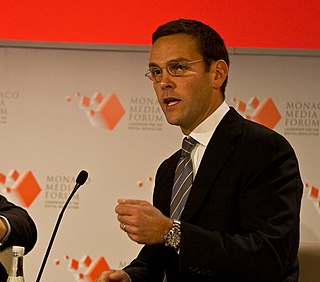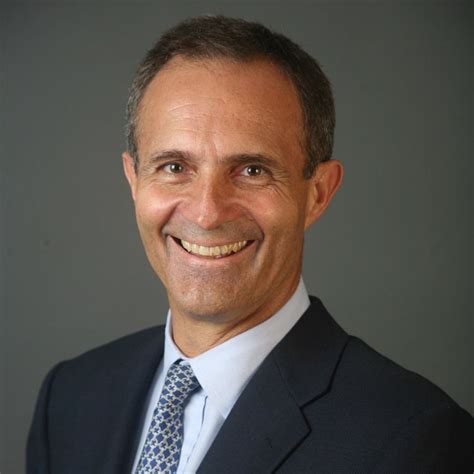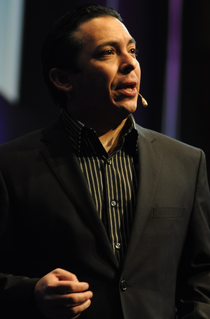A Quote by James Gleick
Scientifically, information is a choice - a yes-or-no choice. In a broader sense, information is everything that informs our world - writing, painting, music, money.
Related Quotes
In an information economy, entrepreneurs master the science of information in order to overcome the laws of the purely physical sciences. They can succeed because of the surprising power of the laws of information, which are conducive to human creativity. The central concept of information theory is a measure of freedom of choice. The principle of matter, on the other hand, is not liberty but limitation- it has weight and occupies space.
In my [Impossibility] theorem I'm assuming that the information is a ranking. Each voter can say of any two candidates, I prefer this one to this one. So then we have essentially a ranking. It's a list saying this is my first choice. This is my second choice. Each voter, in principle, could be asked to give that entire piece of information. In the ordinary Plurality Voting, say as used in electing Congressmen, we generally only ask for the first choice. But, in principle, we could ask for more choices.
Money and prices and markets don't give us exact information about how much our suburbs, freeways, and spandex cost. Instead, everything else is giving us accurate information: our beleaguered air and watersheds, our overworked soils, our decimated inner cities. All of these provide information our prices should be giving us but do not.
What makes a media company successful is how it copes with competitive markets in which people have a choice. Competition today is at a more intense level than it has ever before been because the barriers to providing information in the virtual world are so low and the choice of provider nearly infinite.
Well, there's a question as to what sort of information is important in the world, what sort of information can achieve reform. And there's a lot of information. So information that organizations are spending economic effort into concealing, that's a really good signal that when the information gets out, there's a hope of it doing some good...
Well, there's a question as to what sort of information is important in the world, what sort of information can achieve reform. And there's a lot of information. So information that organizations are spending economic effort into concealing, that's a really good signal that when the information gets out, there's a hope of it doing some good.
Data isn't information. ... Information, unlike data, is useful. While there's a gulf between data and information, there's a wide ocean between information and knowledge. What turns the gears in our brains isn't information, but ideas, inventions, and inspiration. Knowledge-not information-implies understanding. And beyond knowledge lies what we should be seeking: wisdom.
































